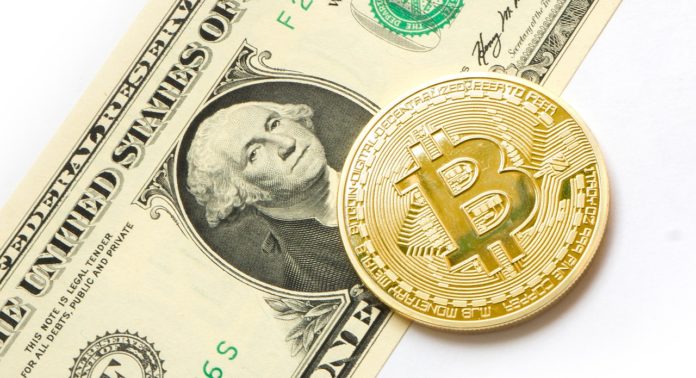Bitcoin has changed the way that many people look at currency. While many have embraced the blockchain revolution, it has been a cause of concern for governments around the world. Among both financial institutions and related services, like financial translation agencies, figuring out how best to both control and encourage this new technology is a priority. Here’s where bitcoin regulation is headed.
A Look at Bitcoin
Bitcoin is a cryptocurrency. Cryptocurrencies are a form of digital value exchange where the verification of transactions and the creation of new currency are controlled using cryptography. There is no physical manifestation of the currency – it exists entirely online in the cloud.
Bitcoin is not backed by a central authority, and the transactions are anonymous. For some, the ability to make anonymous transactions is the attraction, but it is also a convenient way to transfer value across international boundaries. Also, people can use it to make digital transactions without incurring fees.
Instead of using a central bank or government to control the currency supply and to regulate transactions, the security of Bitcoin comes from the underlying encryption software. People known as “miners” generate new currency. They do this by solving mathematical problems that are based on transaction data. This verifies the transactions, and depending on the amount of computing power you dedicate to the network, the miner is rewarded with new Bitcoins.
These confirmed transactions from the miners then become part of the blockchain. This is central to the security of Bitcoin currency transactions. The blockchain is like a public ledger that records every transaction. Each set of transaction data that is processed makes up a block. The blocks are arranged chronologically on the blockchain, and each block is dependent upon the blocks that precede it. If someone were to try to alter a block to corrupt the blockchain, it would invalidate all of the blocks that come after it.
This system makes it next to impossible for a bad actor to come in and manipulate transaction data. In other words, the security of the currency is not dependent on a bank or government. Instead, it comes from the ever-growing cryptographic sequence that makes up the blockchain.
Bitcoin’s Impact
Once a person has a Bitcoin wallet, they can then engage in Bitcoin transactions. It could be used to buy goods from a vendor that accepts Bitcoin, you could buy or sell the currency at an exchange, or you could buy Bitcoin from a broker.
From the beginning, the Bitcoin software has been set to a limit of 21 million for the total number of Bitcoins that will ever be created. As of September 2017, there were just over 16.5 million Bitcoins in circulation.
The value of Bitcoin has gone up considerably since it was first created. At the time of writing, the value of one Bitcoin is trading at more than $3,800.
Bitcoin’s popularity and its growing value have led others to follow the example. Since then, other digital currencies have been invented using similar technologies and safeguards. However, it is believed that Bitcoin will remain the cryptocurrency of choice for the foreseeable future.
Regulating Bitcoin
Bitcoin transactions are performed using public keys. A user’s name is not attached to the transaction, and this has made it a popular form of currency for illicit activities. With the digital currency, money can be transferred between individuals with no traceable record being left behind. Money can move overseas without leaving a paper trail. This is the aspect of cryptocurrencies that have governments concerned.
To address issues like the use of digital currency for the purpose of money laundering, Interpol held the Digital Currencies and Money Laundering conference in Qatar. Along with conferences that involve international law enforcement and industry leaders, there have also been some governments taking steps toward placing regulation on the currency.
One of the first efforts seen in the United States came from the New York State Department of Financial Services. With their regulation, commercial operators that use Bitcoin will be required to get a BitLicense. Under the law, the operators would be required to follow anti-money laundering regulations and follow various laws that govern financial transactions.
The debate over Bitcoin regulation is a complicated one. Some believe that strict regulation is necessary, and that it is important to uncover the names of users. Others argue that some regulation may be necessary, but if the government gets too heavy handed, it could stifle the market and destroy the currency as a means of exchange. Inevitably, some form of monitoring will be implemented.



